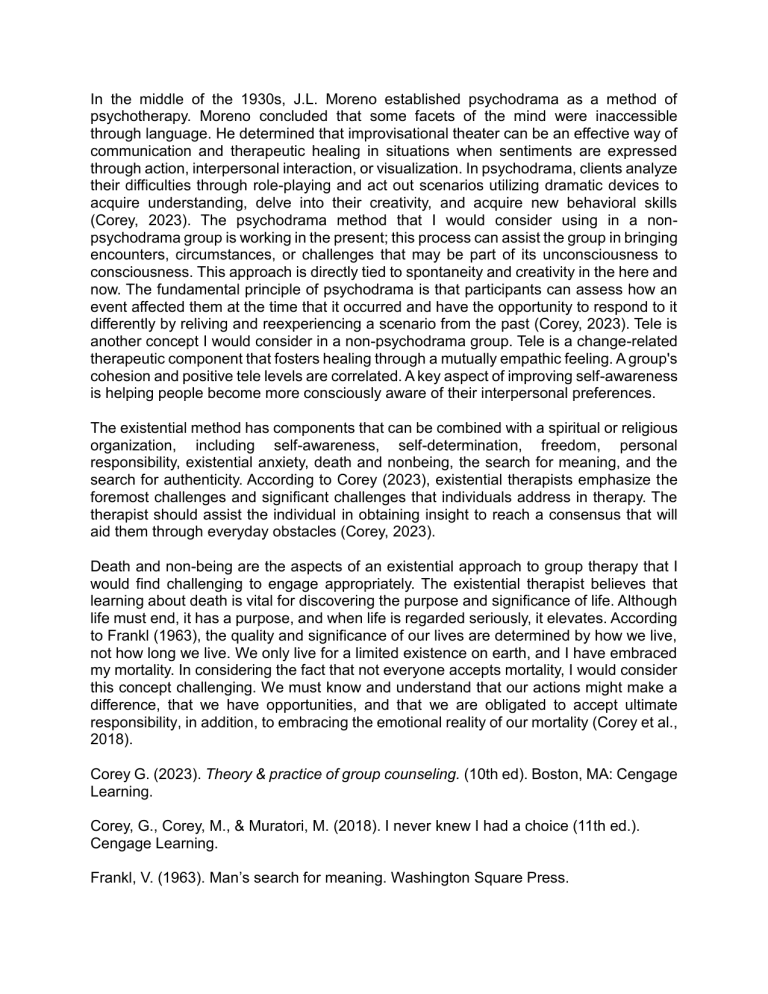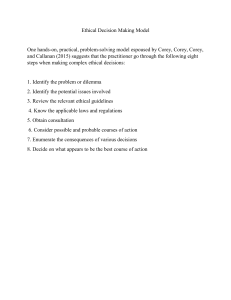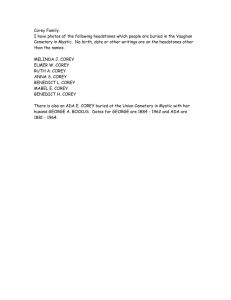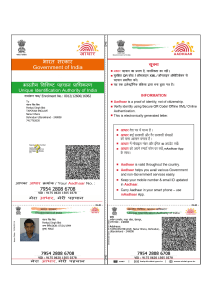
In the middle of the 1930s, J.L. Moreno established psychodrama as a method of psychotherapy. Moreno concluded that some facets of the mind were inaccessible through language. He determined that improvisational theater can be an effective way of communication and therapeutic healing in situations when sentiments are expressed through action, interpersonal interaction, or visualization. In psychodrama, clients analyze their difficulties through role-playing and act out scenarios utilizing dramatic devices to acquire understanding, delve into their creativity, and acquire new behavioral skills (Corey, 2023). The psychodrama method that I would consider using in a nonpsychodrama group is working in the present; this process can assist the group in bringing encounters, circumstances, or challenges that may be part of its unconsciousness to consciousness. This approach is directly tied to spontaneity and creativity in the here and now. The fundamental principle of psychodrama is that participants can assess how an event affected them at the time that it occurred and have the opportunity to respond to it differently by reliving and reexperiencing a scenario from the past (Corey, 2023). Tele is another concept I would consider in a non-psychodrama group. Tele is a change-related therapeutic component that fosters healing through a mutually empathic feeling. A group's cohesion and positive tele levels are correlated. A key aspect of improving self-awareness is helping people become more consciously aware of their interpersonal preferences. The existential method has components that can be combined with a spiritual or religious organization, including self-awareness, self-determination, freedom, personal responsibility, existential anxiety, death and nonbeing, the search for meaning, and the search for authenticity. According to Corey (2023), existential therapists emphasize the foremost challenges and significant challenges that individuals address in therapy. The therapist should assist the individual in obtaining insight to reach a consensus that will aid them through everyday obstacles (Corey, 2023). Death and non-being are the aspects of an existential approach to group therapy that I would find challenging to engage appropriately. The existential therapist believes that learning about death is vital for discovering the purpose and significance of life. Although life must end, it has a purpose, and when life is regarded seriously, it elevates. According to Frankl (1963), the quality and significance of our lives are determined by how we live, not how long we live. We only live for a limited existence on earth, and I have embraced my mortality. In considering the fact that not everyone accepts mortality, I would consider this concept challenging. We must know and understand that our actions might make a difference, that we have opportunities, and that we are obligated to accept ultimate responsibility, in addition, to embracing the emotional reality of our mortality (Corey et al., 2018). Corey G. (2023). Theory & practice of group counseling. (10th ed). Boston, MA: Cengage Learning. Corey, G., Corey, M., & Muratori, M. (2018). I never knew I had a choice (11th ed.). Cengage Learning. Frankl, V. (1963). Man’s search for meaning. Washington Square Press.




